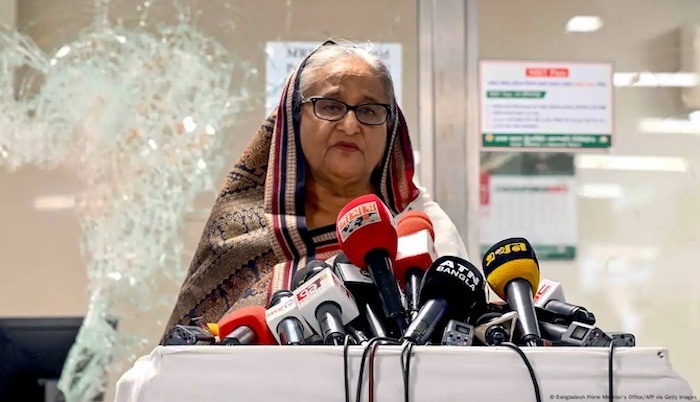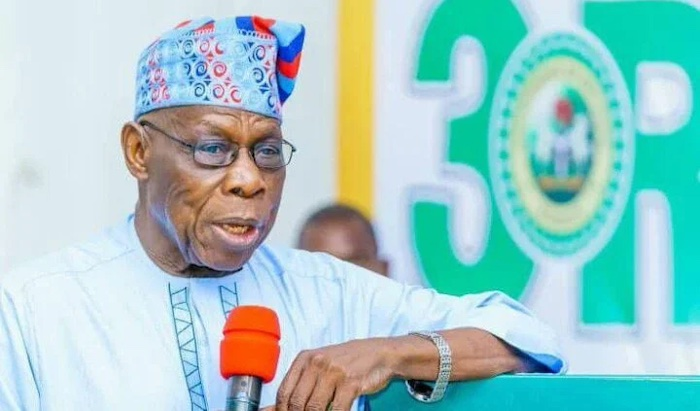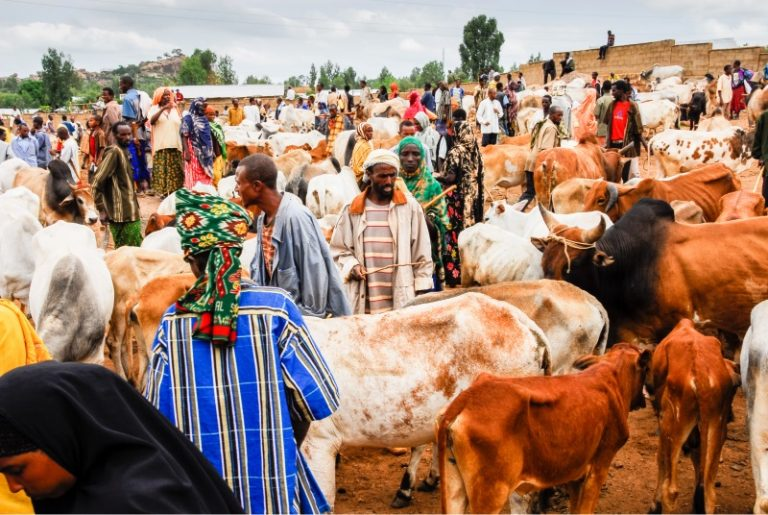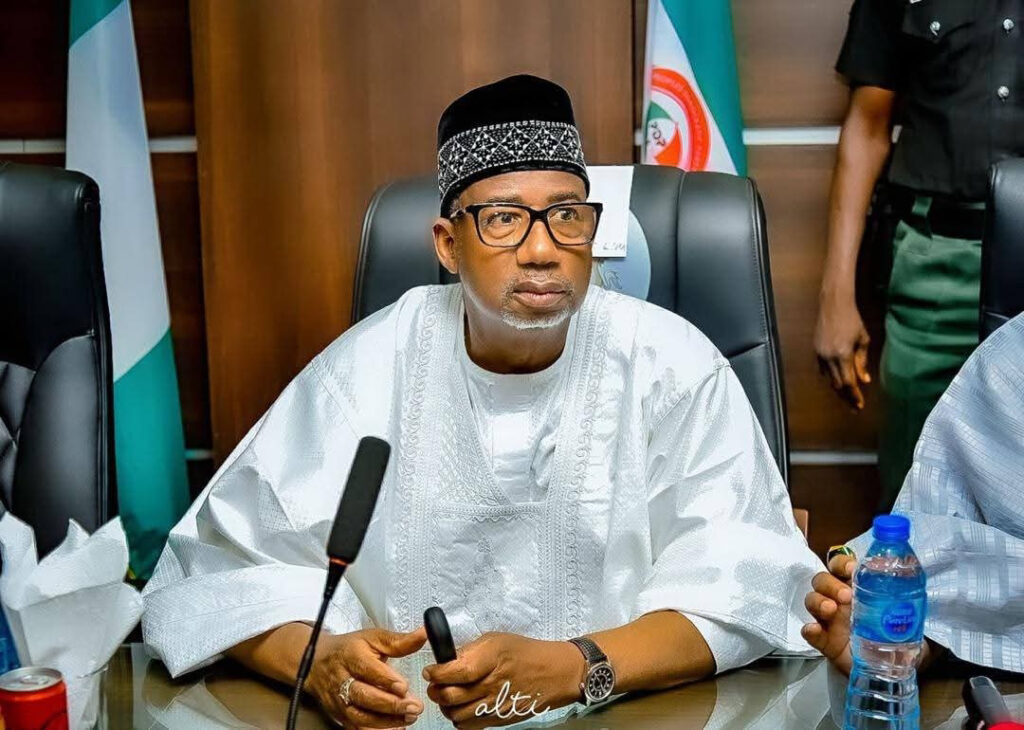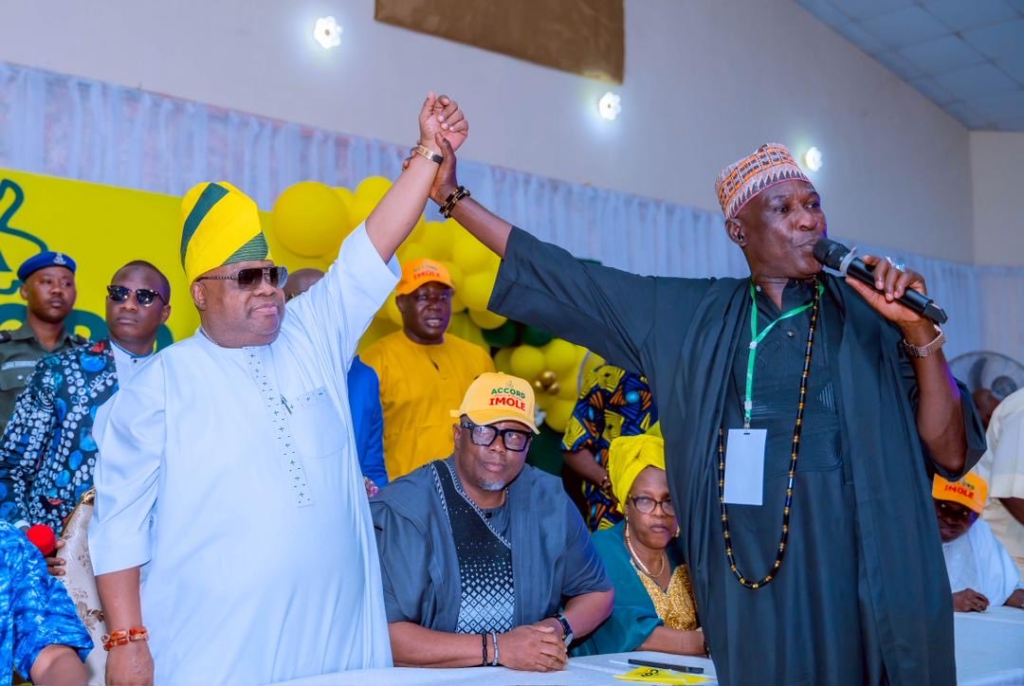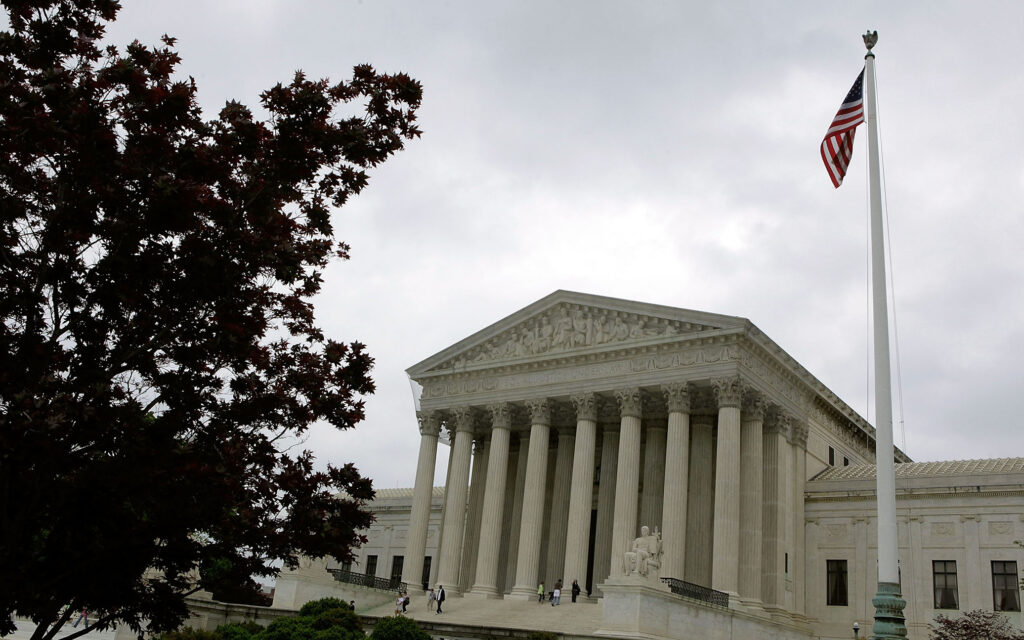Bangladesh’s interim government has formally banned all political activities of the Awami League, the party once led by ousted Prime Minister Sheikh Hasina, citing threats to national security under the country’s Anti-Terrorism Act. The decision, announced late Saturday, signals a dramatic escalation in the nation’s deepening political crisis.
The move comes in the wake of days-long mass protests organized by the student-led National Citizen Party (NCP), a powerful movement that emerged from last year’s popular uprising which ultimately forced Hasina to resign and flee to India in August. The demonstrations have since gained support from several Islamist and right-wing groups, including Jamaat-e-Islami, which demanded the Awami League be designated a terrorist entity over its alleged role in violent crackdowns on protestors.
In its statement, the interim administration said the ban would remain in effect until trials are completed against the Awami League and its leaders for their alleged involvement in the deaths of hundreds of demonstrators. These proceedings will be conducted by the International Crimes Tribunal (ICT).
In a parallel move, authorities announced amendments to the ICT Act allowing the tribunal to prosecute not only individuals but also political parties and organizations—opening the door to prosecuting the Awami League as a collective body.
Founded in 1949, the Awami League played a pivotal role in Bangladesh’s liberation from Pakistan and has dominated the country’s political scene for decades. The party denounced the ban as illegitimate, stating on social media, “All decisions of the illegal government are illegal.”
Since Hasina’s departure, the transitional government led by Nobel laureate Muhammad Yunus has vowed to restore democracy through constitutional and judicial reforms. Elections, originally expected in early 2025, are now likely to be delayed until 2026.
The interim government has already outlawed the Awami League’s student wing, the Bangladesh Chhatra League, branding it a terrorist group in October for its alleged attacks on peaceful demonstrators.
The nation remains tense as the political landscape undergoes a sweeping transformation, with long-standing institutions and party structures facing possible dismantlement amid efforts to reimagine Bangladesh’s governance framework.

